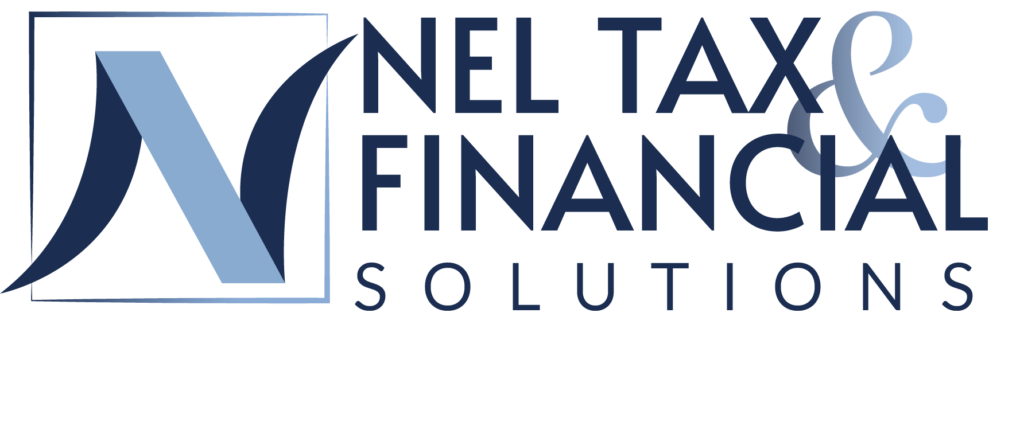
Tax Bill Solution for Multiple Jobs
You are most likely working more than one job either to increase your income to cover your existing expenses, or to have the security of having another

Whether you planned to file your taxes at the start of the tax filing season in January or you must file your returns later in the year due to an extension, everyone wants to make getting their tax returns completed and filed a simple and easy process for their tax professionals and themselves every year. The ease of getting your taxes done starts with you as the taxpayer. Here are 5 ways you can help your tax professionals make filing your taxes a smoother process:
Write Down the Changes of Your Year
The best person to know your life and your business is you. Therefore, unless your life (or business) is exactly as it was the previous year you filed, write down every thing that is different for you since the last time you filed your tax returns. If you have not filed a return the previous year or this is the first time you are filing a return, write down what happened during the year and bring the answers to your tax professional. Some of the things you will want to consider as you are writing (this list is not all-inclusive):
Give Your Documents Time to Arrive
Most taxpayers must receive tax information documents by January 31. However, some documents such as broker statements and schedule K-1s for example may not be available to send until as late as September. Therefore, if you are waiting for documents from employers, financial institutions, businesses, investments, governmental agencies, and other providers, please understand in most cases it is best not to file your tax returns without those documents to prevent problems with the accuracy and completeness with tax your returns – as well as to avoid unnecessary tax notices with possible penalties and interest because of the missing information. What you can do while you wait for the documents is upload what documents you do have to your portal if you work with you tax professional virtually, or hold on to your current documents in a folder until you have everything you are expecting to receive for that year.
Answer the Tax Questionnaire or Organizer
Quality tax professionals respect that tax returns are an official documents signed under the penalty of perjury that must be prepared with some of the highest ethical industry standards whether they are attorneys, CPAs, enrolled agents, or registered preparers. By profession, we stand by the quality of our work and the excellent execution of our businesses. There are questions a tax professional must ask every taxpayer client every year for every return, and the tax questionnaire or organizer usually serves as a way to ask those questions. Therefore, the questionnaire or organizer you receive from your tax professional is a practice of due diligence, staying current with new tax laws and procedures, and as another opportunity for you to review and share information about your year.
Be Aware of the Main Tax Filing Deadlines
Most people think of April 15th when you ask them when are taxes due because April is the usual time to file federal individual income tax returns in the United States for those filing a tax return. But April is not the only time tax returns are due to be filed. Here are the main filing due dates for federal taxes (subject to change every year due to holidays and weekends):
This is not an all-inclusive list of the tax filing due dates provided by the tax laws, and the due dates sometimes change due to holidays and weekends. But knowing the standard due dates helps you understand why your tax professional will provide you with specific deadlines for when to submit documents to your professional, or why dates might be blackout or not available for appointments, or why you must file your business returns for a partnership or an S-corporation before for your individual returns. If you have more than one tax year to file returns, seek assistance from your tax professional.
Provide Your IP PIN from the IRS
If you were a victim of identity theft or you want to prevent identity theft from happening to you, the IRS will provide you with a pin called an Identity Protection PIN (or IP PIN) that will prevent anyone else from filing a tax return with your social security number. As an added safety measure, the IRS will you a new IP PIN every tax year. The problem is some taxpayers will lose or disregard the letter they receive from the IRS with the new IP PIN, and you cannot e-file your tax returns without the IP PIN. But the IRS now allows you to retrieve your IP PIN information by using the online IP PIN tool or by calling the IRS directly at 1-800-908-4490. If you use the online tool, you will get the IP PIN immediately. If you call, the assistor will mail you the IP PIN again.

You are most likely working more than one job either to increase your income to cover your existing expenses, or to have the security of having another

Love sometimes does not work. Nothing is more taxing than when one parent claims a child or children without the blessing of the other parent. Who has

Sometimes pictures can be helpful to share information. But many times those same photos will either cut off the edges of important documents, or blur the images

General Inquires: [email protected]
Office Hours: Tuesday – Friday 9am – 3pm EST | Saturday by appointment only | Sunday and Monday CLOSED
Closed on U.S. Holidays
Mailing Address: 5004 Honeygo Center Dr, 102-265, Perry Hall, MD 21128
© 2025 NEL TAX AND FINANCIAL SOLUTIONS | all rights reserved.
DISCLAIMER | Privacy policy | Terms of Service | cancellation policy | Payment and licensing policy | Refund and return policy